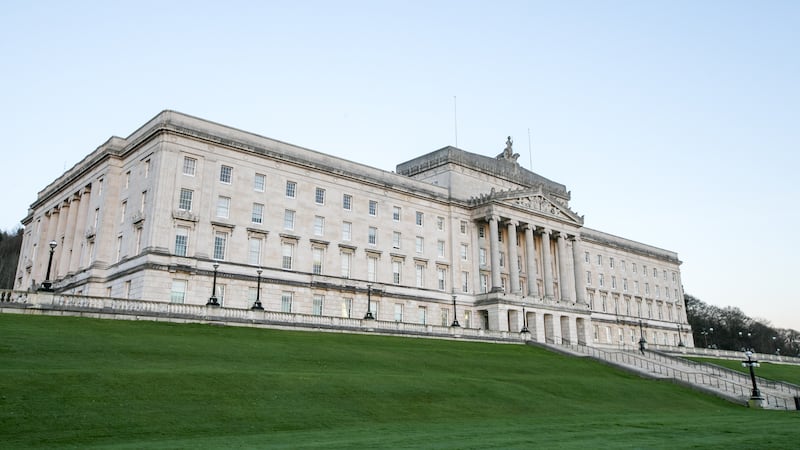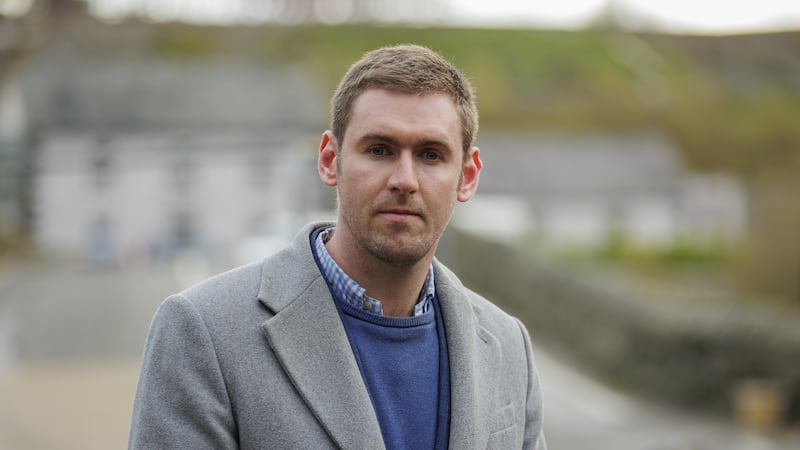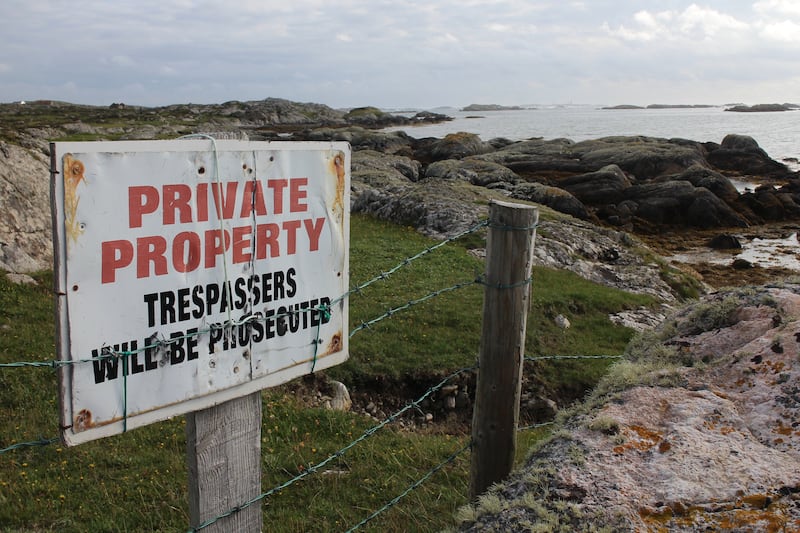IT may be a premature to regard the DUP's lack of opposition to the lifting of the gay blood ban as new era of enlightenment for the party.
Edwin Poots and Jim Wells, two of its previous Stormont health ministers, represented the reactionary wing of a party that was already conservative in nature and they appeared dogged in their support for the lifetime ban, which was removed in Britain in 2011.
Although judges ruled there was no basis for saying the stance was dictated by religious beliefs, many commentators saw it as a manifestation of a Biblically-informed view of the LGBT community.
However, the ministers' successor Simon Hamilton hinted late last year that the ban could be repealed.
It has even been speculated that he would have moved ahead of last month's election had it not represented a slap in the face for his party colleagues.
The DUP was declining to comment on Sinn Féin health minister Michelle O'Neill's decision yesterday but in her announcement she made clear that the executive had endorsed the move.
So does this DUP acquiescence to Sinn Féin's proposal indicate anything more significant in the broader political sphere?
Taken alongside Martin McGuinness's trip to the World War I battlefields and new DUP education minister Peter Weir's visit to a Irish medium school, it may be seen as yet more evidence of greater co-operation between Stormont's big two.
Clear ideological differences remain between the governing parties, most notably on same-sex marriage and abortion, but the present mood would suggest that these could potentially be overcome.
Pragmatism and collectivism are now order of the day during Stormont's post-election honeymoon period.
But can this unlikely marriage outlast the annual upheavals of July?








